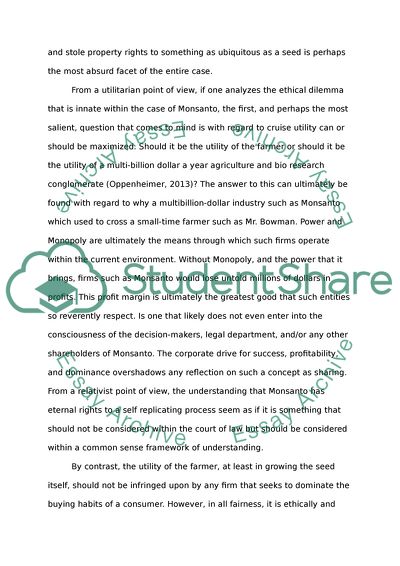Cite this document
(Managing Intellectual Property Case Study Example | Topics and Well Written Essays - 1500 words, n.d.)
Managing Intellectual Property Case Study Example | Topics and Well Written Essays - 1500 words. Retrieved from https://studentshare.org/law/1803368-ethics
Managing Intellectual Property Case Study Example | Topics and Well Written Essays - 1500 words. Retrieved from https://studentshare.org/law/1803368-ethics
(Managing Intellectual Property Case Study Example | Topics and Well Written Essays - 1500 Words)
Managing Intellectual Property Case Study Example | Topics and Well Written Essays - 1500 Words. https://studentshare.org/law/1803368-ethics.
Managing Intellectual Property Case Study Example | Topics and Well Written Essays - 1500 Words. https://studentshare.org/law/1803368-ethics.
“Managing Intellectual Property Case Study Example | Topics and Well Written Essays - 1500 Words”, n.d. https://studentshare.org/law/1803368-ethics.


